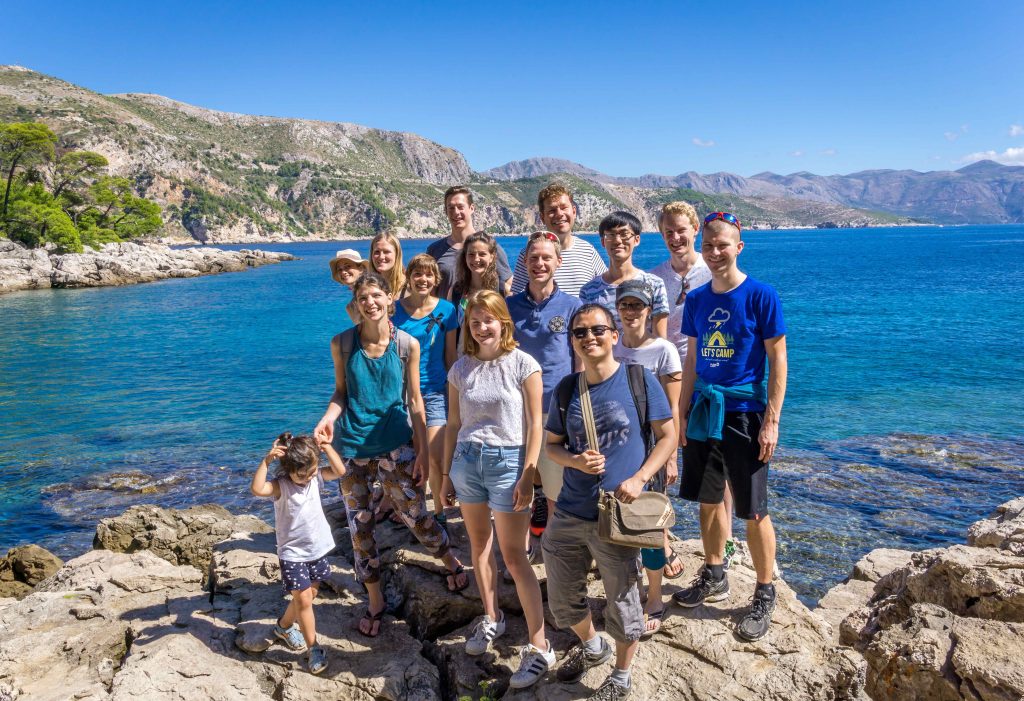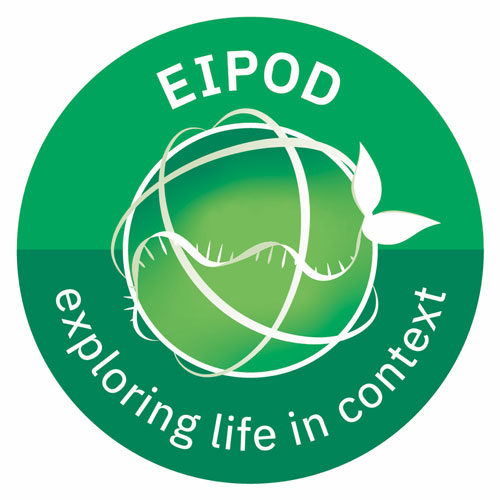Come work with us
We are continually inviting applications for postdoc, PhD and internship positions. You can mix and match from two tracks:
- Method development in statistical methodology and computing in biological research
- Biological discovery through integrative data analysis
For Track 1, you will have strong quantitative and analytical skills, such as acquired through a degree in mathematics, statistics, physics, computer science or a related field. You have curiosity and motivation to work in interdisciplinary projects, which include generation of new data and their analysis, and are eager to get to grips with relevant areas of biology and the technologies used in biology research. You have experience in scientific computing and are familiar with one or several computer languages. Familiarity with R is definitively a plus.
For Track 2, you will have a training in life sciences and strong coding skills that enable you to undertake complex data transformations, integrative operations, applications of mathematical models and visualizations. You are driven by making fundamental discoveries by mining cutting-edge, large data sets.
To apply, please contact Wolfgang Huber with your CV, a brief statement of research interests, and examples of your work: besides your publications, this can include theses, research reports, talk slides, software projects (e.g. R packages, github projects) or data analysis reports (e.g. markdown reports or Jupyter notebooks).
Please note that we recruit PhD candidates via EMBL’s international PhD programme. You are highly welcome to discuss your application with Wolfgang Huber in advance.
Collaborations
The following collaborations provide exciting opportunities to pursue interdisciplinary projects. The list is not exclusive.
- Sascha Dietrich, University Hospital Düsseldorf: spatial omics, tumor microenvironment, immunooncology
- Michael Boutros, DKFZ: high-throughput genetics, imaging, in-vivo perturb-seq
- Thorsten Zenz, University Hospital Zürich: genomics of drug sensitivity in blood cancers
- Nassos Typas, EMBL: bacterial communities and high-throughput perturbation assays
- Sinem Saka, EMBL: spatial biology from molecules to tissues
- Misha Savitski, EMBL: stability proteomics
- Susan Holmes, Stanford: statistical methodology
- Lars Steinmetz, Stanford: systems genetics, genomic technologies
- Nikos Ignatiadis, Chicago: statistical methodology
- The Bioconductor Community

